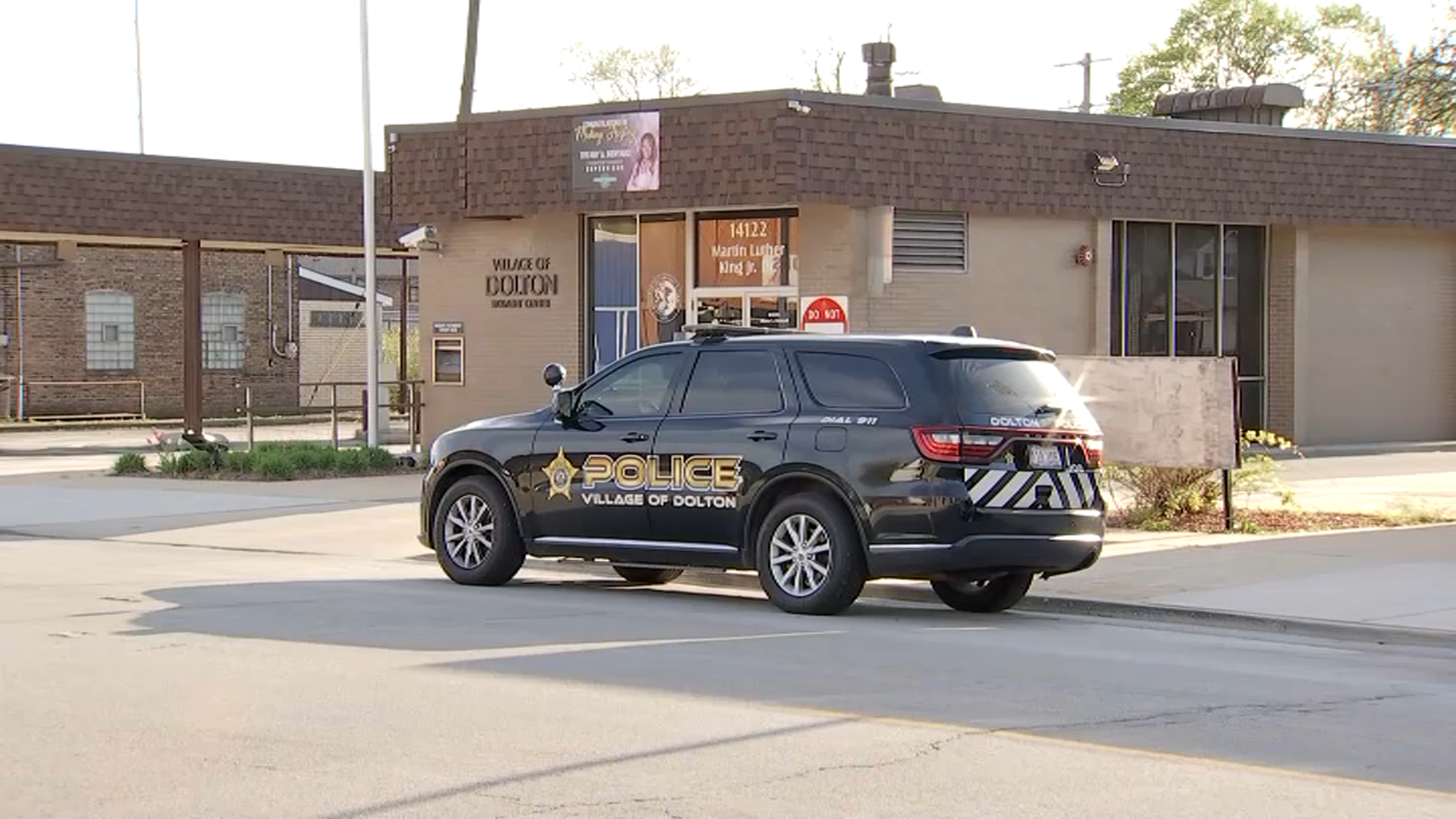Health experts have noted that the BA.5 omicron subvariant has led to more symptomatic infections, but could some people still have the virus and not know it?
Chicago's top doctor said the answer to that question is still yes, though she notes that even those with symptoms may mistake them for other illnesses.
"So we are seeing a lot of especially upper respiratory, cold-type - sore throats, still fever - with this omicron variant," Chicago Department of Public Health Commissioner Dr. Allison Arwady. "And I talked about this a little bit before. What we see is that this moves so fast, it's so contagious, that often people can get infected... [it's] less likely that they're going to get the really sort of full body, long, really serious infection, because that's the other part of your immune system that kicks in and is working well. But there certainly are still some people I am quite sure who are positive for COVID and don't have symptoms."
That's why Arwady said it's increasingly important to test if exposed.
Feeling out of the loop? We'll catch you up on the Chicago news you need to know. Sign up for the weekly Chicago Catch-Up newsletter here.
Dr. Sharon Welbel, the director of Hospital Epidemiology and Infection Control for Cook County Health, said it's hard to know if people are symptomatic or not due to the rise in at-home testing, but she noted that she continues to see patients who come to health care facilities not knowing they have COVID.
"There are a lot of patients who are asymptomatic, come to the hospital for other reasons.. and are found to have COVID on admission," she said.
More than 80% of cases are currently being caused by the subvariant, according to CDC estimates, and officials say that the virus is seemingly better able to evade immunity given by the COVID vaccine.
News
The omicron subvariant is making up an even larger portion of cases in the Midwest, and some locations in Illinois are starting to see surges, according to Chicago's top doctor.
What Are the Symptoms of BA.5?
Arwady said that there are a lot of similarities with BA.5 symptoms and previous iterations of COVID, particularly cold and flu-like illnesses, along with some loss of taste and smell, and congestion.
In the United Kingdom, studies have shown that runny noses, sore throats, persistent coughs and fatigue are the most common symptoms of the variant, with Arwady saying that individuals are experiencing a greater variety of symptoms because of the illness being “more virulent.”
Finally, the BA.4 and BA.5 subvariants have shown a propensity to remain within nasal passages instead of getting into the lungs. Some doctors believe that the shift could lead to a nasal vaccine in the future.
Much like previous omicron strains, BA.5 does spread more quickly than previous versions of the virus, but it has not shown any increased ability to cause serious illness, with increases in hospitalizations and deaths lagging behind increases in cases, according to the University of Chicago Medical Center.
Certain mutations have made the BA.5 subvariant better suited to avoiding immunity received from infection, vaccinations and boosters, according to initial research, but that has not translated into more serious illness among those who are fully vaccinated.
In fact, vaccinations still provide “good protection” against serious illness, hospitalization and death, even against the BA.5 subvariant, according to the Mayo Clinic.



